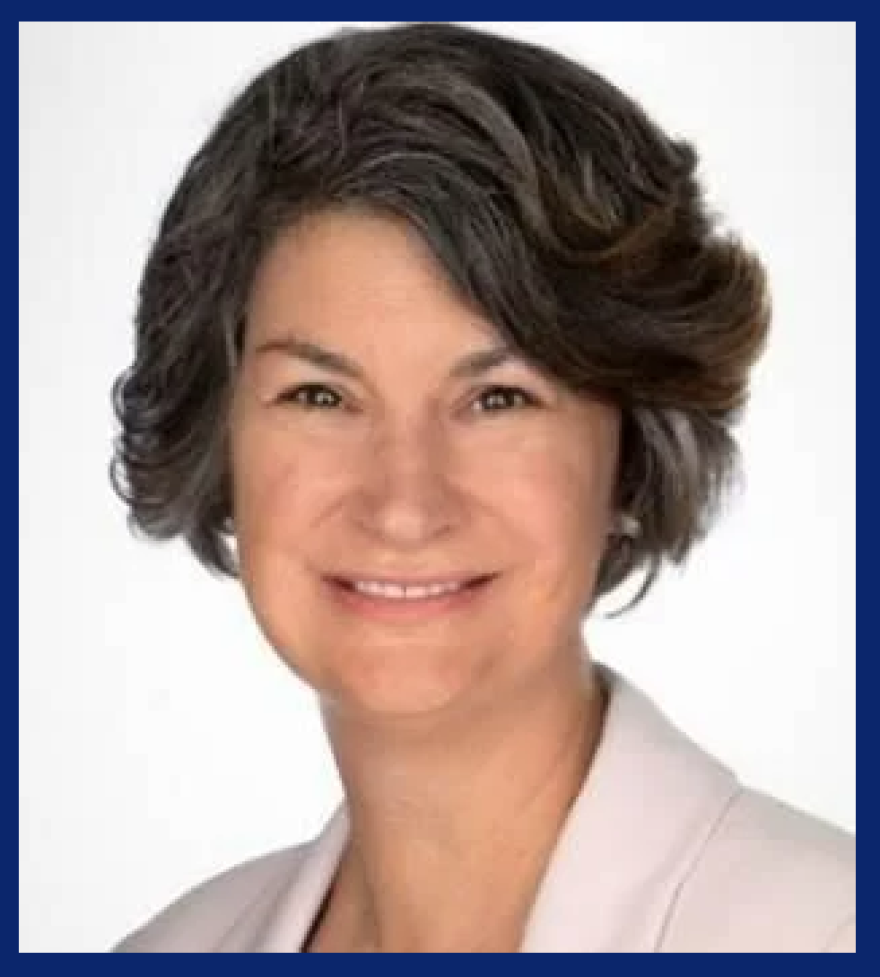McLean County resident Carolyn Moon is one of those uber volunteers, the ones that give fire to any organization. She has been a patient educator in hospitals, and made sure children are educated on health issues. She's also this year's "Champion of Care" honoree and will be recognized May 12 by Planned Parenthood of Illinois for decades of volunteerism.
Moon said she got into Planned Parenthood because she felt sex-ed programs in schools didn't offer a fact-based, open discussion about sexuality and wanted a church program that would do that. Planned Parenthood offered such a program.
Of all the areas of her involvement, Moon said the issue of health resonates most with her.
“People are very vulnerable when they enter the health care system," she said. "And then when you add on the complexity of reproductive health care, and the fact that vulnerable people are seeking care, in very vulnerable situations, it's made me understand there needs to be champions for care.”
Moon started volunteering at an AIDS hospice in the 1990s. Over the decades, she said the trend in access to care by underserved populations is mixed.
“Sometimes, it's three steps forward and two steps back. We definitely saw a big change in access with the Affordable Care Act. Unfortunately, that created a huge backlash, especially in the realm of reproductive rights. And that's not just abortion and birth control, but transgender rights and gender affirming hormone therapies, and it shone a light on disparities in maternal health. There's a lot, that's still really a problem. But I have seen some improvements,” said Moon.
Researchers are beginning to look into why there are health disparities, and how to address them, she said.
“Even the state of Illinois has maternal health disparities, and we're a fairly liberal state. It's worse in states like Texas that have a lot more restrictions on access to reproductive health care. Even in Illinois, there are maternal health disparities that need to be addressed,” said Moon.
She said doctors and nurses are caring people, but as the disparities continue, questions arise about institutional racism — differences in baseline health of patients in different groups before they enter the health care system. Differences can come from sociological and societal factors as well as systemic differences in health care — and those differences need to be brought to the center of the national dialogue, she said.
“We solve the problems that we prioritize. I think we're very good at solving problems. But unless we prioritize those problems, they will not get addressed. A society that cares for its families and its children is a mark of a healthy society. When families are dysfunctional ... families are not healthy. Things don't work well. Education doesn't work well. There are outcomes for young adults and criminality. There's all kinds of repercussions with dysfunctional families,” said Moon.
Moon said health care is her family’s philanthropic priority, arrived at through joint discussion of need. Another organization she is passionate about is the Community Health Care Clinic in Bloomington-Normal that primarily serves uninsured patients. She said there is a clear need for philanthropy.
“There are just so many people in our society, even here locally in Bloomington-Normal that fall through the cracks, and it causes just a tremendous strain on our system, of course. But it also is just cruel. It's cruel to allow people to suffer when we have the resources to care for them,” said Moon.
This is a big week for reproductive health with the leak of a draft of a potential Supreme Court opinion that could overturn Roe vs. Wade. Moon said it makes her sad.
“What surprised me was just the lack of compassion and the lack of understanding about people in those situations. There are very complicated situations. And I want to remind everybody that this is not a black and white issue. Nobody undergoes an abortion without a great deal of thought and care,” said Moon.
If the draft becomes the final decision, at least 22 states will have significant restrictions on abortion care. Those patients will have to make decisions about either traveling long distances to get the care they need, not getting the care they need, or seeking illegal abortions. Many people predict there will be a lot of travel to Illinois for abortion care. That's going to take a lot of money to address.
“Fortunately, we have very generous donors here in the state of Illinois, but Planned Parenthood Federation of America has also trained to help organize ways to provide care by creating a resource network, so that the state of Illinois is not responsible for all of the cost. We will be responsible for a lot of the costs. We're not sure exactly how it's going to happen and where people are going to come from,” said Moon.
Some advocates suggest that if Roe is overturned it will be the first step toward an erosion of access to contraceptives over time as well as decreased health care in general for underserved and low-income people.
“We've seen it empirically happen in Texas. When Texas placed restrictions on reproductive health care, their maternal mortality rates went up. It was already shockingly high, especially for people of color. Restrictions do lead to increased death,” said Moon.
Regardless of what happens in the latest case before the Supreme Court, the national culture wars will continue. Moon said she envisions a way for the nation to get out of this particular thicket of the thorns.
“Compassion. I think we need to have compassion for each other. We need to bring a care and a civility back to our understanding and respect each other a little bit more,” said Moon.



